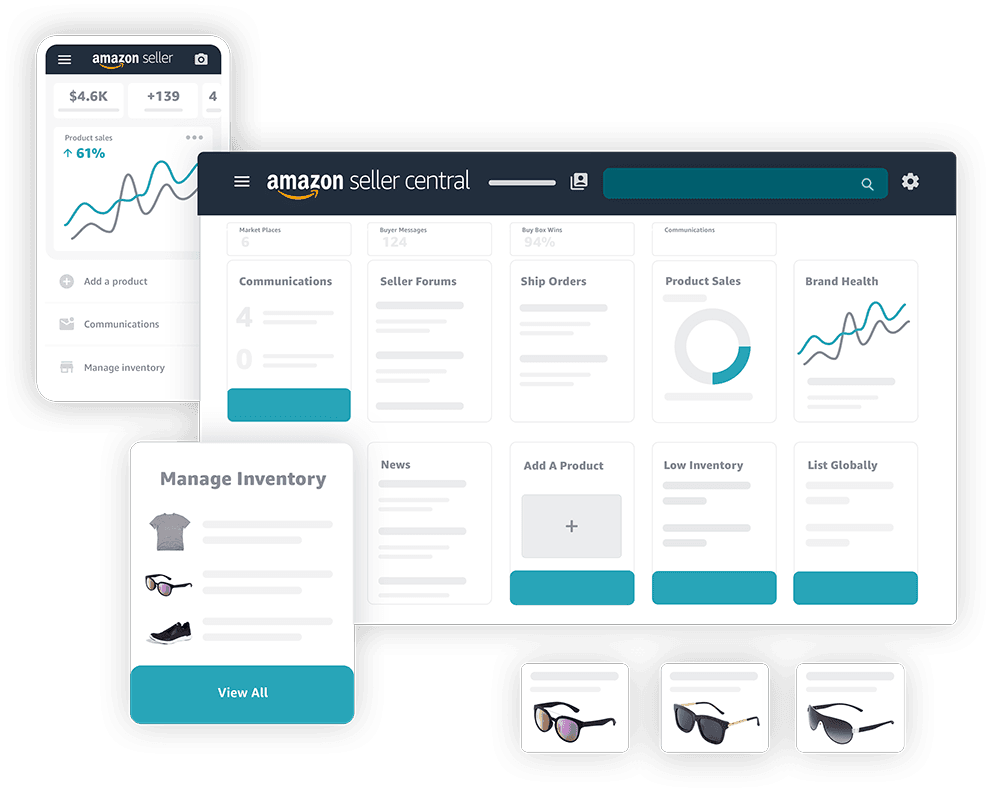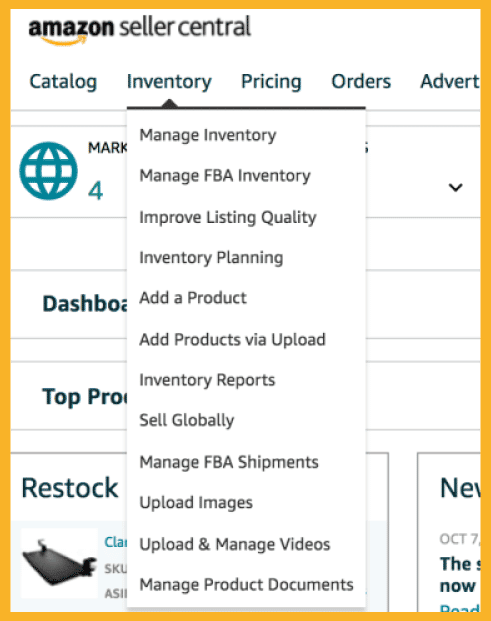
A shopping cart is a special type of content management system used to manage product data. It serves as a central hub for cross-selling and merchandising, and passes transactional data to a payment gateway to complete an order. Shopping carts come in a range of configurations. These include simple design, payment options, and search filters. Also, security and navigation ease are important factors. Make sure you choose a cart with all these options.
Simple design
It is essential that the shopping cart page be simple to use. It should clearly show the order of items, their description, number, and prices. These things should be obvious to the customer, and should not distract them from their experience. Also, distractions such as pop-ups for promotions and surveys should be removed from the shopping cart pages. It should tell customers how to complete the checkout process.

Payment options
It is increasing in popularity for mobile devices to make purchases online. If your customers can't easily make a purchase through their mobile device, adding payment options to your cart will provide them with a seamless shopping experience. Visitors expect convenience, and won't bother with a website that requires them to do more work than is necessary. Bayard conducted a study and found that 19 percent of shoppers didn't trust sites that stored their credit card data because they did not provide enough payment options.
Search filters
Search filters can be used to optimize your online shopping cart. Shopping carts have search filters that allow you to limit the product range to a few items. You can increase profit by reducing your filter count. These filters should be clearly visible to customers. This allows for seamless navigation and shopping. In the absence of visible filters, customers are prone to misinterpreting search results and may even forget about applying the filters. By displaying filters, customers can easily see which products they are interested and can even change their mind if they don't.
Security
There are many factors that impact the security of your shopping bag. There are many ways to keep it secure, including an SSL certificate. Start with https ://. to create a secure shopping basket. Your shopping cart will be secure if you see the icon for a locked pad. SSL on your website will prevent hackers accessing your data or personal information. Also, ensure your shopping cart works with SSL certificates.

Cost
The cost of a shopping cart depends on how many features you need. It should be capable of handling the number and functionality of the products your store sells. There are two main types of shopping carts, hosted and generic. Hosting a cart is free. However, generic carts cannot be customized to your specifications. Hosted carts are a cost-effective choice for small to medium businesses. However, you should be aware that hosted carts are not as flexible as a customized shopping cart.
FAQ
Do I really need to register my credit card number when shopping online?
You don't have to register for your credit card. Registering your credit card is optional if you want to be eligible for special offers or discounts. It is always a good idea for you to verify your identity with the bank.
Are gift cards allowed to be used online?
Many online shops accept gift cards. These cards can be used for online purchases.
These points cannot be used to redeem rewards points.
Are there any privacy concerns when I shop online
It is crucial for consumers to understand what information they give out when they use online services like Amazon.com. It is important for consumers to ask themselves whether they are willing to share their personal information with companies like Amazon. If you don't wish to share such information, you may need to limit your shopping experience on sites you feel comfortable sharing your private details.
Is it acceptable to ask for discount coupons when shopping?
It is a good idea to always negotiate a lower price for items you buy. You don't have to be rude to ask about discount codes. They may be able to offer you a deal if you are polite. This could save you money over time.
Why I shouldn’t believe the hype surrounding sales in online shops and stores?
Websites will sometimes inflate the initial price of an article to make it appear you are saving more than you actually are. You have to do your homework and ensure you get accurate prices. You can simply add the item to your cart so that it doesn't go missing. Finally, you can do a quick Google Search for the designer's name as well as the product type. The amazing deal that you thought you were getting may not be so great after all. You might find the exact item on sale for less.
Statistics
- According to the Federal Trade Commission (FTC), online shopping was the fourth most common fraud category for consumers as of February 2022.5 (thebalance.com)
- A report from the U.S. Census Bureau found that in the first quarter of 2022, an estimated $250 billion was spent on retail e-commerce sales.1 (thebalance.com)
- Beyond that, you'll be liable for a 25% import tax. (makeuseof.com)
- The tax is automatically added once you click the checkout button, so factor in an additional 20% when looking at the product page. (makeuseof.com)
External Links
How To
What are the best online shopping practices?
Online shopping safety is a key skill that anyone can learn. It's also great to learn how to buy from different websites without getting scammed.
Continue reading if you're interested in learning more about buying online. This article provides all the tricks and tips you need to avoid falling for scams.
-
Do your research. Before you decide to shop online, it's essential to do your homework first. Check out customer reviews, get feedback, and seek recommendations from your friends.
-
Look around. Compare prices from several sellers to determine if a store is trustworthy. You might also consider price comparison apps such as Amazon Price Checker and Google Shopping. These tools allow you to see which retailers offer the lowest prices.
-
Look out for red flags. When browsing product pages, be aware of any signs indicating a scammer may be trying to trick you. You may find fake sites that use misspelled words and grammar errors. They often sell fake or incomplete products.
-
Pop-up windows can be dangerous. Some websites use popups to collect personal data like passwords and credit cards numbers. When you see one of these pop-ups, click "escape" to close it immediately or choose another browser window.
-
Ask yourself questions. Ask yourself these questions whenever you visit a website. Does it offer what I want? Can I trust its people?
-
Don't reveal your personal data. If you initiated the transaction, don't give out financial information, such as your Social Security Number, bank account number, and credit card details, over the phone or by email.
-
Avoid clicking links in emails. It's very easy to click on a link in an email and end up on a phishing site that looks exactly like the real thing. To avoid this type of fraud, only open emails from trusted sources (such banks)
-
Use strong passwords. A strong password should include letters, numbers, and symbols. Make sure you keep your password secret and never share it with others.
-
Be cautious when downloading files. Always download files directly from their source rather than opening them from email attachments. Never open attachments sent by unknown senders. Do not open attachments from unknown senders asking you to install any software.
-
Report suspicious activity. Contact your local police department immediately if your identity is suspected to have been stolen. You can also file an FTC complaint.
-
Protect your device. Make sure that your computer is protected against malware. This protection could stop hackers accessing your private data.
-
Senior scammers are to be avoided. Seniors are at greatest risk of falling for scammers as they have less experience in identifying fraudulent websites and messages.